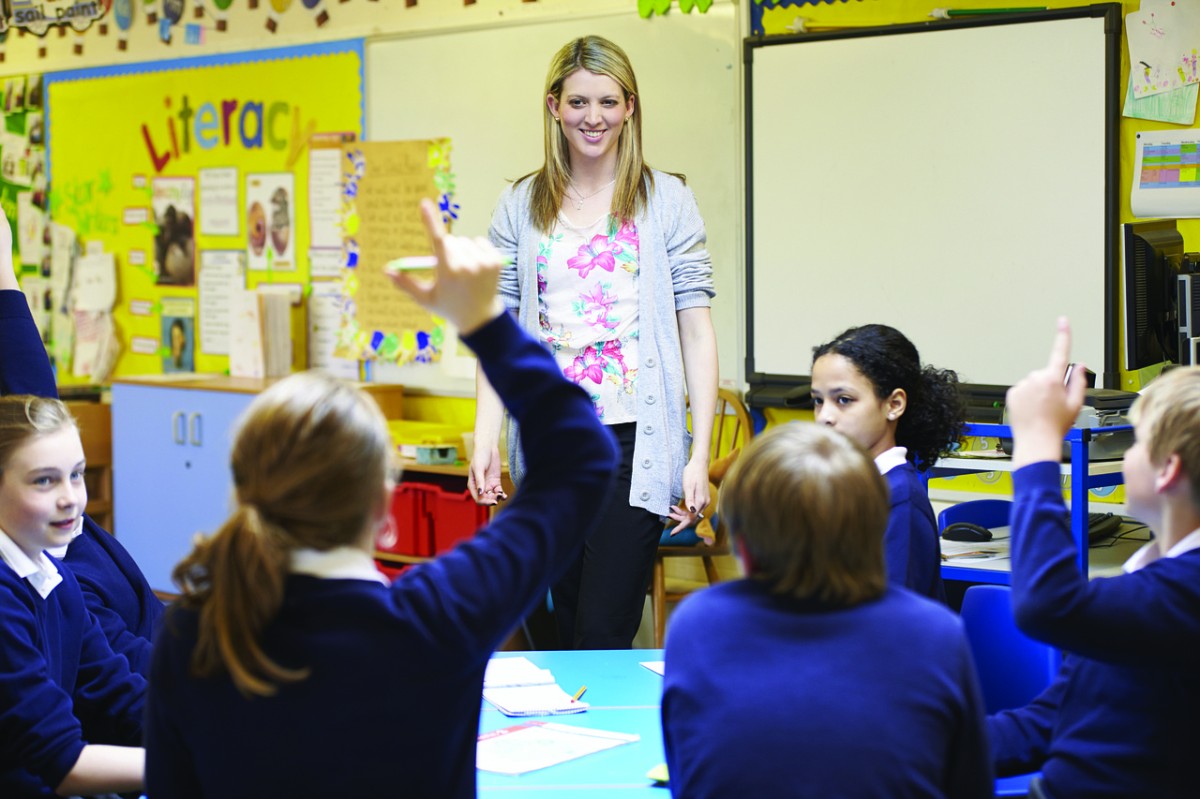Growth goal setting (GGS) is the creation of goals that meet or exceed one's previous best efforts. For example, a growth goal for someone who can consistently run an 8 minute mile would be to run a mile in 7 minutes. It is important to study GGS because it can give us insight into factors affecting the ability of students to make continuous improvements. Despite the fact that numerous studies have been conducted on GGS, this study is the first major one to explore how the instructional support of teachers affects students’ growth goal-setting.
To investigate these two questions, researchers sampled 61,879 students across 290 government schools in New South Wales, Australia. Researchers collected information about students’ perceived instructional support (e.g. different teaching methods teachers may use in the classroom) and growth goal-setting (e.g. “I set challenges for myself in my schoolwork”) using scales from existing literature. The instructional support includes three aspects: relevance, feedback-feedforward techniques, and organization and clarity. Relevance is a form of instructional support where the material being taught is practical to students. Feedback-feedforward techniques are techniques that put emphasis on giving students information they can use to adapt their learning and improve in their future work. Organization and clarity refers to incorporating well-structured coursework. The results revealed that certain types of instructional support, namely relevance and the use of feedback-feedforward techniques, predicted growth goal setting.
Overall, these findings provide some important takeaways for educators. For instance, teachers can consider using more feedback-feedforward techniques, and more relevant materials in teaching. Teachers can do this by using learning strategies that state specific items for improvement (e.g. a grading rubric) and by aiming to pick subject matter that is meaningful to the everyday lives of students.
EPIC may conduct further research into growth goal setting. Specifically, EPIC can consider studying the relationship between GGS and individuals’ coping strategies when confronted with failures or setbacks.
If you are interested in reading more about Martin et al.’s (2022) study, click this link to retrieve the article: https://srcd.onlinelibrary.wiley.com/doi/abs/10.1111/cdev.14043
This post is written by Akhil Kotha.
Reference:
Martin, A. J., Burns, E. C., Collie, R. J., Bostwick, K. C., Flesken, A., & McCarthy, I. (2022). Growth goal setting in high school: A large-scale study of perceived instructional support, personal background attributes, and engagement outcomes. Journal of Educational Psychology, 114(4), 752.

